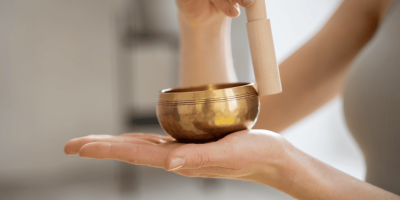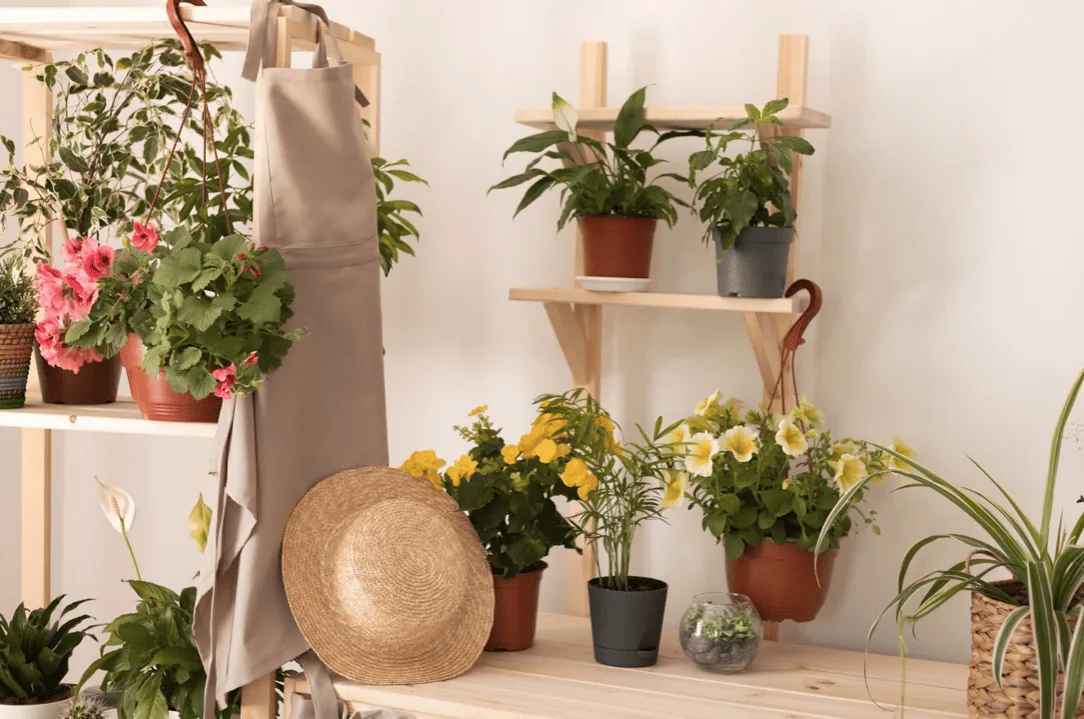
- Garden pest problem? Say no to harmful chemical pesticides and opt for eco-friendly, homemade solutions.
Homemade Pesticides? If you’re like me, the joy of tending to your garden is unmatched. It’s a fantastic feeling when your plants bloom, the air smells fresh and earthy, and everything feels warm and soothing. But there’s one thing that can be really frustrating – those bothersome pests.
You might be tempted to use store-bought pesticides to get rid of them, but there’s a problem. The chemicals in these pesticides can harm the helpful insects in your garden, and they’re not great for people and the environment. So, instead of using chemical pesticides, you could consider making your own at home or switching to organic options. This way, you can protect your garden without causing harm.
1/ Soap Pray Savior
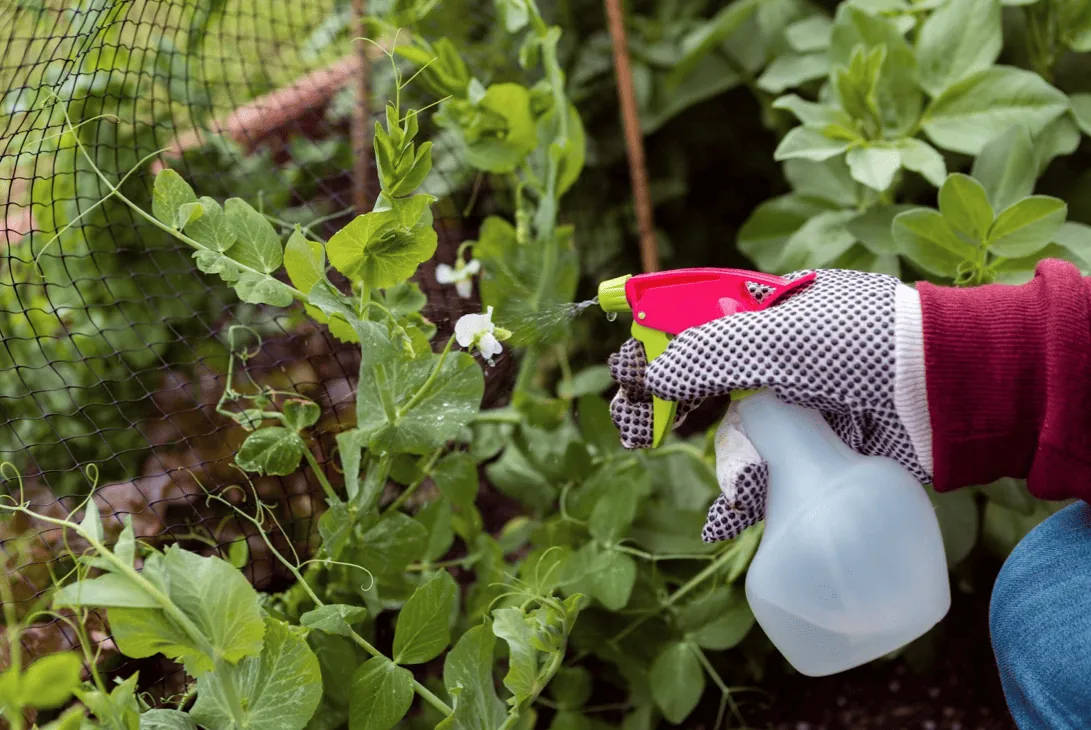
Aphids have been a big issue in my garden, especially with my roses. These tiny insects feed on sap and easily damage the leaves and buds of my flowers. But I found a simple solution: soap spray. It’s easy to make and doesn’t cost much.
I mixed 1.5 teaspoons of mild, all-natural liquid soap (like Castile soap) with a quart of water. This mixture is great at eliminating aphids and other pests without harming my plants. After I used the dish soap spray, the areas of my roses infested with aphids quickly became pest-free.
Spider mites were another problem in my garden. These little arachnids spin webs under leaves and cause leaf yellowing and decay. The dish soap spray worked just as well in getting rid of spider mites. When you notice a pest problem, it’s important to use the spray carefully.
The soap spray is safe for both plants and the environment, so you can use it as needed. It works best in the morning or late afternoon when the sun isn’t too strong to avoid sunburn and leaf damage.
2/ Spice Defence

I’m not a fan of spicy food, so when I heard about using chilli peppers to keep pests away from my garden, I was sceptical. But after some advice from fellow gardeners, I decided to give it a try, and it worked surprisingly well! It turns out pests don’t like spicy food any more than I do.
Here’s what I did: I ground up some dried spicy peppers, including the seeds, but please be careful not to touch your face during this process. Then, I sprinkled the ground chilli pepper dust on the plants in my garden, especially focusing on the areas where budworms or moth caterpillars were a problem.
To make the chilli pepper solution stick better and last longer, you can also mix ½ cup of ground chilli peppers with 900ml of premium horticultural oil. I used this mixture to spray the upper and lower sides of my flower leaves. It not only acted as a deterrent but also created a barrier that kept other insects away.
Surprisingly, it worked really well. The pungent smell of the chilli pepper keeps the pests at bay. With fewer pests around, the overall health and vitality of the flowers improved.
3/ Earth-Friendly Neem: A Good Homemade Pesticides
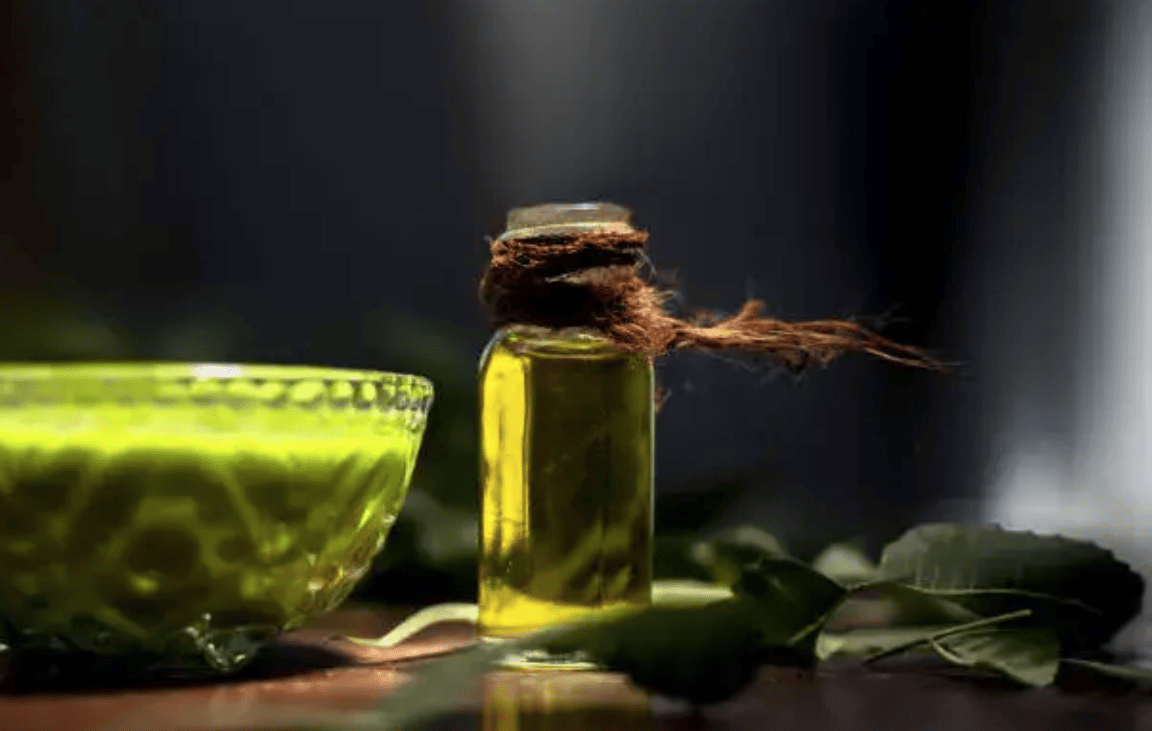
Neem oil is a popular organic pesticide that many gardeners like me use to protect their plants from pests. It’s known for being a strong and eco-friendly tool against those bothersome insects. It works by disrupting the life cycle of insects, from their eggs to adulthood.
Here’s how to make it: mix two teaspoons of neem oil with one teaspoon of mild liquid soap and 900ml of water. Pour the mixture into a spray bottle, shake it well, and start treating your plants. You’ll notice it has a pleasant, earthy smell, and applying it is pretty enjoyable!
One of the things I love about neem oil is how gentle it is. It won’t harm pets, the birds that visit your garden, or the overall environment. Plus, its antifungal properties help prevent issues like powdery mildew and other fungi. This natural and biodegradable treatment gave me peace of mind that my beautiful blooms would stay safe.
4/ Tobacco Trick
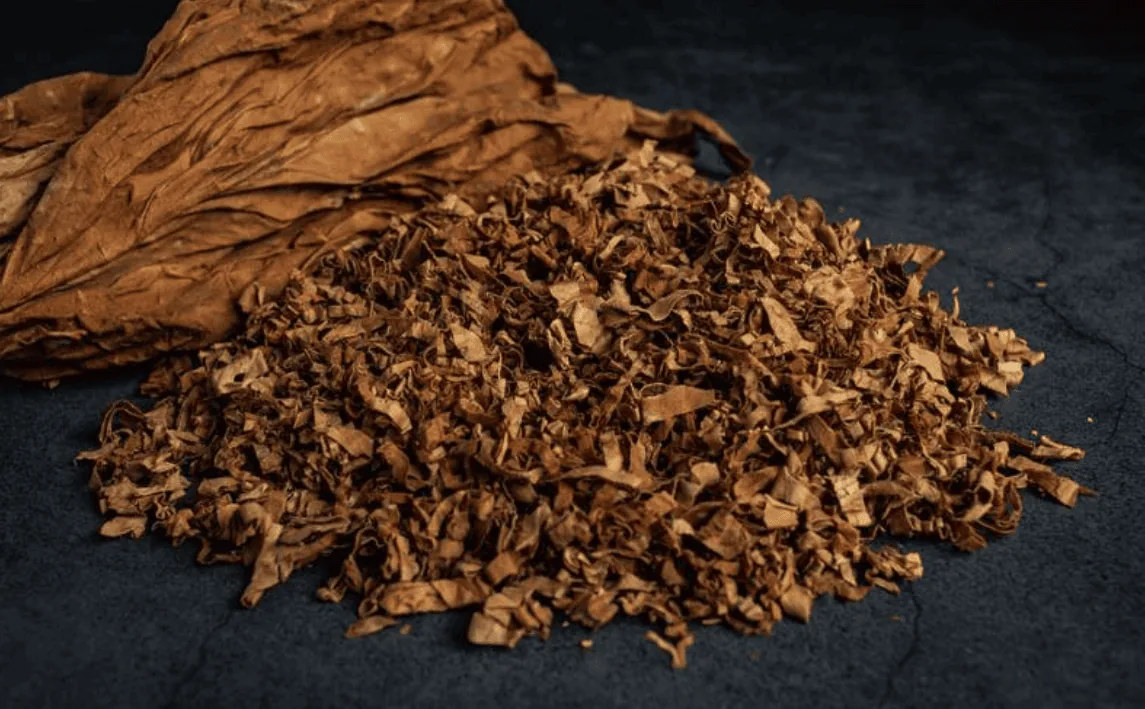
We all know about the health risks of tobacco and smoking. But when I was looking for solutions to the pest problems in my garden, I came across online tips suggesting the use of tobacco as a natural and supposedly very effective treatment against garden pests.
The idea was simple but exciting. Instead of just sprinkling tobacco on my plants, I learned that I could make a strong pesticide. To do this, I took a quarter cup of tobacco leaves from a few cigarette butts, placed them in a sock, and let them soak in a bowl of 900ml water overnight.
However, there are some important things to keep in mind. Don’t use this DIY method on nightshade family flowers like petunias, daturas, and nicotianas. Tobacco can carry the mosaic virus, which can harm these types of flowers. Also, only use the tobacco mixture outside and keep it away from children.
The tobacco method quickly earned a place in my gardening toolkit. It shows that sometimes, solutions to everyday problems can be found in unexpected places, and even things we don’t usually like can be helpful in making our gardens better.
5/ Nature’s Tiny Avengers
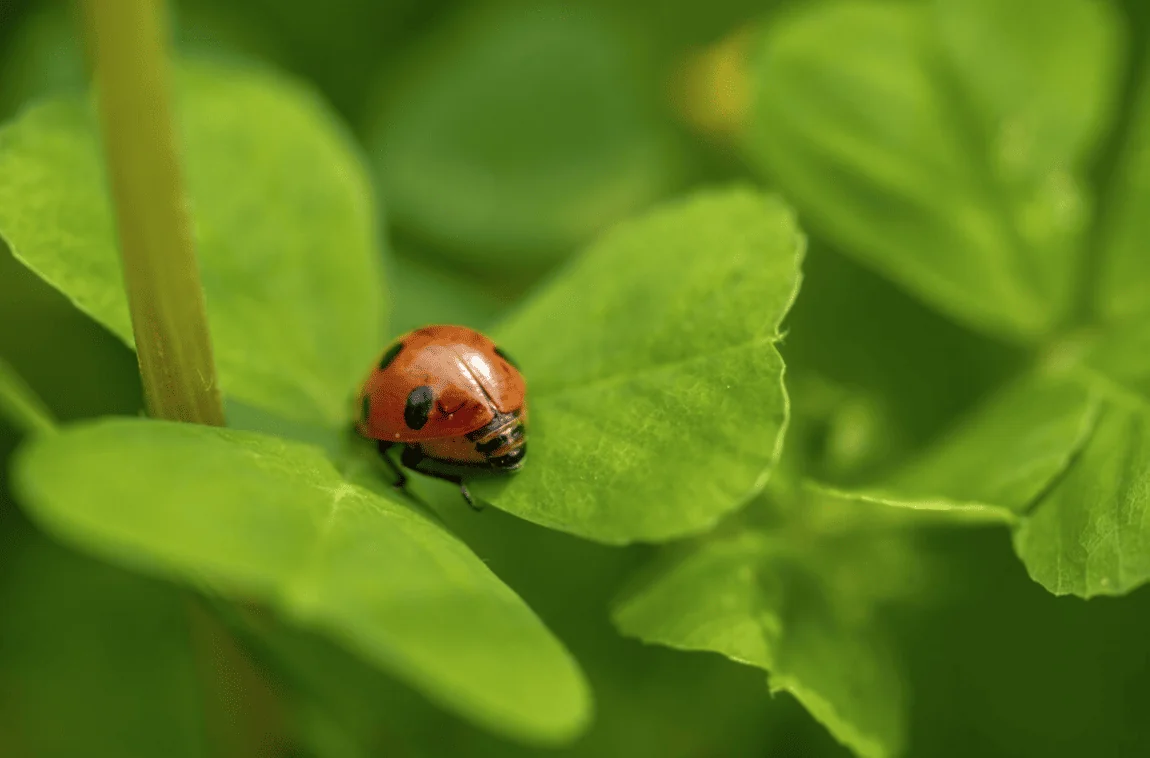
They say, “Fight fire with fire,” and the same idea applies to our flower garden. One effective way to deal with troublesome pests is to bring in their natural enemies. So, I decided to invite these helpful allies into my garden.
One group of heroes includes ladybirds, those colourful little critters I’ve always found charming. You’ll be amazed at how fantastic they are – they can eat up to 50 aphids a day! Their larvae are even more voracious, devouring amounts that seem impossible for their tiny bodies.
Ground beetles, with their shiny black or dark brown bodies, are unsung garden heroes. They patrol the ground carefully, preventing damage from snails and other insects. They also help control common troublemakers like leather jackets and cutworms. Centipedes are another insect that adds an ancient charm to my garden. They keep your flowers safe from snails and woodlice.
Natural Ways to Protect Your Garden’s Beauty
Bringing these insects into my garden has made a world of difference. Nature often provides the solutions we need, and working in harmony with it helps create a lasting, healthy home for our beloved flowers.
In the world of gardening, battling pests can be tough. But, as we’ve seen, there are simple, eco-friendly options available. These natural methods not only protect our precious plants but also promote a healthier and longer-lasting gardening experience. They also connect us with the vibrant natural world around us. By embracing these eco-friendly practices, you can enjoy your garden while also contributing to a cleaner and healthier environment. Homemade pesticides are safer for you and your livelihood.
Click the link below for more content like this!
GROUND COVER, THE ULTIMATE SOLUTION TO YOUR WEED PROBLEM
